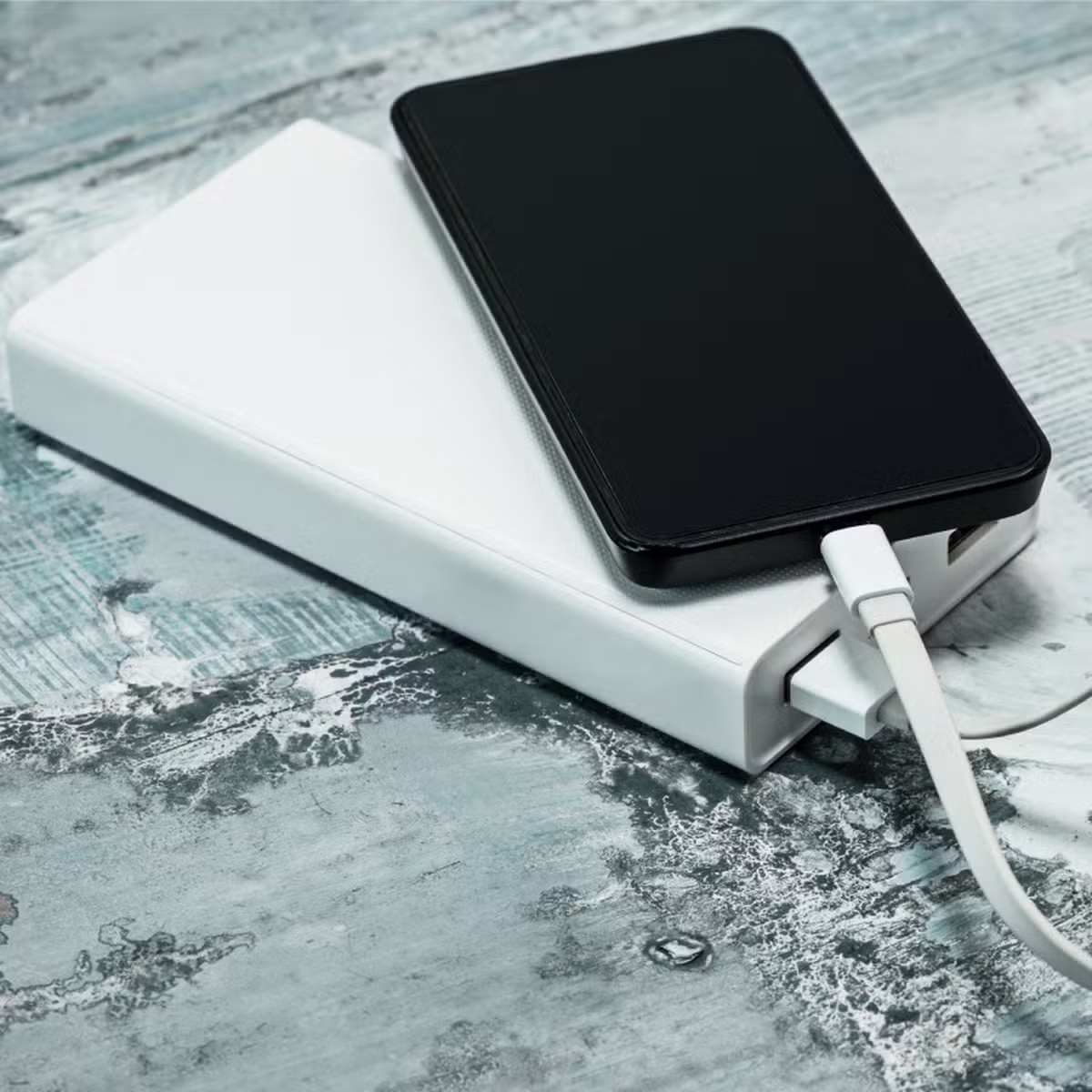
In December, Japan will begin publishing a list of manufacturers and importers of power banks and other electronic products suspected of violating safety labeling requirements. The purpose is to prevent the spread of hazardous substances that can cause serious accidents such as fire.
The Ministry of Economy, Trade and Industry will add to the list companies that have not received a response after contacting them three or more times by phone or email to confirm compliance with safety standards. The list is updated quarterly and businesses are removed once contacts are established.
This list not only serves as a resource for consumers to evaluate the trustworthiness of sellers, but also for e-commerce operators to decide whether to keep a product listed on their site.
Previously, information such as products involved in accidents and manufacturers subject to administrative guidance was made public, but companies suspected of violating the law were not.
According to Japan’s Product Safety Law, approximately 500 types of electrical products are required to display a safety compliance label called the PSE mark before being sold.
In 2024, there were 1,305 serious accidents, including fires and deaths, caused by products sold to consumers. The figure is an increase of 119 cases compared to the previous year and the highest in 10 years, according to an industry report. Most accidents were caused by electrical products, with a significant increase in accidents related to external batteries and vacuum cleaners.
Accidents involving products purchased online have increased sevenfold over the past decade, reaching 210 in 2024. Of the incidents where the purchase path was identified, 32% occurred online.
The Japanese government faces budget constraints to investigate products suspected of being fraudulent. Starting in 2020, the Ministry of Industry has asked e-commerce website operators to check advertisements for four product categories, including external batteries and gas stoves. However, this measure is not mandatory, making it difficult to prevent illegal advertising.
Also, since 2020, Japan has been working on contacting companies suspected of wrongdoing. If violations are found, the government will ask the seller or manufacturer to remove the advertisement.
However, if there was no response and it was not possible to confirm whether there was a violation, the request was ignored. The ministry launched 750 investigations in 2023, but 109 of them went unanswered, making it impossible to take any further action.
Rakuten Group and LINE Yahoo have banned the sale of “mobile batteries” without the PSE brand on their own e-commerce sites. Both include product photos that clearly identify the PSE brand in their advertisements.
Both companies said that if the Ministry releases a list in the future, they will confirm the contents with the authorities and consider appropriate responses.
Some e-commerce sites allow manufacturers to sell directly to consumers without going through an importer. As a result, products are often being sold without meeting safety certification requirements, the Ministry of Industry said, adding that new regulations will be introduced at the end of December to strengthen oversight of these sellers.



